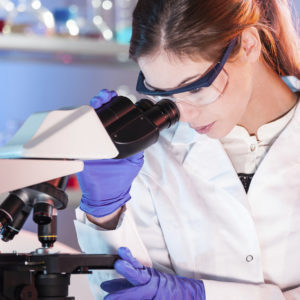History of Fucoidan came to light very recently. Hence, fucoidan is still unfamiliar to a lot of people. However, when you learn about fucoidan’s history, I am hoping you understand, the scientists were amazed by fucoidan’s effects during their discovery and examination.
According to Masao Ohno’s the history of seaweed in Japan is quite old. However, the findings “Useful Seaweed” from the Jomon Period, which was approximately 2000 BC, was used as the historical proof, and it was then confirmed that seaweed was eaten during that era. I have detailed following fucoidan history which was quoted from Nobuo Yamada’s “Science of seaweed fucoidan the Algae” and was published by Naruyamado.
1913: Professor Kylin of Uppasala University in Sweden discovered fucoidan. He and his colleagues mainly researched the physical
characteristics of fucoidan.
1957: Springer and his colleagues studied it further and proved that it had a potent anticoagulant effect from a component called crud fucodin.
1970s: Started by only one or two researches at that time because it was difficult to extract only fucoidan from seaweed. Sigma in the US developed the extraction of fucoidan technology from seaweed. So, fucoidan researches had accelerated their studies and discovered that it has anti-tumor agents.
1988: M. Baba and et al. found that fucoidan components are potent and have selective inhibitors on various viruses, including herpes simplex virus.
1995: Dr. Hirmo and his colleagues of the University of Sweden announced that sulfated polysaccharides such as fucoidan inhibited the growth of H. Pylori. 1996: Takara Suzo Co., Ltd announced the anti-tumor effect caused by the apoptotic effect of fucoidan at the 55th Japan Cancer Society. Food poisoning due to E.coli O-157 occurred around the world, including in Japan. In order to respond to the E.coli O-157 incident, by joint research of Kimuraya Co., Ltd. and Simane University of marine products, they found that not only Mozuku destroy E. coli, but also E.coli was destroyed without emitting verotoxin (the pathogenic agent causes hemorrhagic diarrhea, hemolytic uremic syndrome, acute encephalopathy, etc.)
2000: Regarding Yamamoto et al., “Pharmacology and Treatment”, Takara Bio Co., Ltd. announced the anti-tumor effect of Gagomefucoidan. Yakult Co., Ltd. research laboratory announced dissertation of improvement effect of Okinawa Mozuku fucoidan for indefinite complains like dizziness, fatigue, headache, palpitation in which cause could not be identified by general examination (See more info at this website).
I hope you found the study useful and know that many scientists showed interest in fucoidan effects and dedicated their time to do extensive research to find out more about fucoidan effects and uses. I know they will continuously research fucoidan and will find more wonderful benefits of fucoidan in the near future.
